Oceans
Where can I find information about oceans?
(Years 5-8)
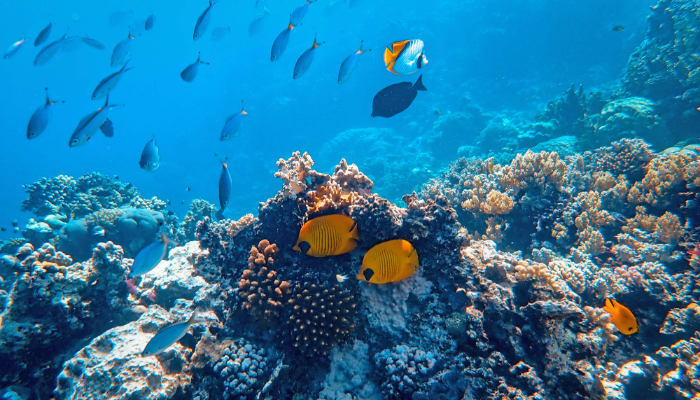
Image: Underwater Photography of Fish by Franceso Ungaro on Pexels.
Entry last updated: 10/07/25
Introduction
The world or global ocean is a large body of salt water that covers the earth. It is divided into 5 oceans — Pacific Ocean, Atlantic Ocean, Indian Ocean, Arctic Ocean and Southern Ocean (Antarctica).
Oceans cover more than 70% of the Earth's surface.
List of Oceans
Here is a list of the five oceans:
Arctic Ocean: The world's smallest ocean. It is also the coldest.
Atlantic Ocean: Ocean between North and South America and the European and African continents. It is the saltiest ocean.
Indian Ocean: Lies between Africa, Asia, Australia, and the Southern Ocean.
Pacific Ocean: The World's largest ocean. It covers more than 30% of the Earth.
Southern Ocean: Completely surrounds Antarctica.
General websites
Look at these websites to find information about the different oceans.
This is the online version of Encyclopedia Britannica. It is also one of the EPIC databases. You can search Britannica School in 3 different reading levels.
Select primary level.
Enter the keyword 'oceans' into the search box.
Select the article ocean (Earth feature) to find general information as well as about ocean life.
Select an ocean name to find out about that ocean's features, currents, and environmental issues eg Pacific Ocean.
Change the article level at the top of the page to get more information.
Tips: To use the EPIC resources, you need a password from your school librarian. Or chat with one of our AnyQuestions librarians to help you online. Some EPIC databases may also be available through your public library.
This is also one of the EPIC databases. EPIC is a collection of reliable databases covering lots of different topics. It’s put together especially for New Zealand school students and helps to answer questions like this. This database has easy to read information for primary students on science, technology, people, plants and more.
Go to the section called Science.
Then select Earth Science.
Look further down the page to find the Oceans topic.
Explore the book articles, pictures and videos among other things.
Tips: To use the EPIC resources, you need a password from your school librarian. Or chat with one of our AnyQuestions librarians to help you online. Some EPIC databases may also be available through your public library.
This site is an educational website maintained by the Smithsonian Institution's National Museum of Natural History. It covers ocean life, ecosystems, tides, waves, ocean currents, history, and conservation.
Explore the tabs at the top of the page.
Choose Ocean Life to find articles about animals and plants in the ocean.
To find out about different ocean environments select Ecosystems.
Planet Ocean has articles about ocean processes.
Or look at Conservation to find out more about this topic.
Tips: A website’s address (URL) can give you a hint about how reliable it is. Look for addresses in the results that include .gov or .edu in the URL. These are quality sites from overseas government or educational organisations.
New Zealand sites
These sites also have information about Oceans but the focus is more on New Zealand.
Te Ara: The Encyclopedia of New Zealand
Te Ara is an excellent starting point for all questions about Aotearoa New Zealand. If we look down to the bottom of the page, we can see that the website belongs to the Ministry for Culture & Heritage, so the information is well-researched and reliable.
Enter the keyword 'oceans' into the search box.
Look down to ocean currents and tides for some interesting information about the ocean around New Zealand.
Also check out the many images and videos relating to oceans.
Tips: We like sites that are from government or other reputable organisations, because we can trust the information. You can sometimes tell these sites by their web address – they might have .gov or .edu in their address – or by looking at their About us or Contact pages.
This is made with funding from New Zealand On Air. It has lots of short videos and quizzes about different ocean topics including ocean life. There is no search on this site but you can:
choose a video to watch from the home page like What is an apex predator?
or for a list of topics select Menu
then Index
choose a topic eg Conservation, and
select a video to watch like Why is plastic so bad for sea creatures?
Books
Your school library or public library will have lots of books on oceans.
Here are some suggested titles:
Ocean by Sean Callery.
Extreme ocean : amazing animals, high-tech gear, record-breaking depths, and much more! by Sylvia A Earle and Glen Phelan.
Ocean discoveries by Tamra Orr.
Ocean by Miranda MacQuitty.
Oceans by Samantha Gray.
SCIS no: 1984748
Topics covered
Related content
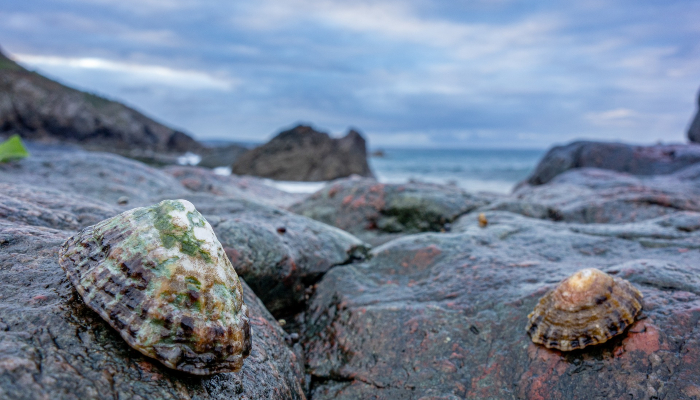
Rocky shore (New Zealand)
Where can I find information about the rocky shore?

Islands (New Zealand)
Where can I find information about New Zealand islands?
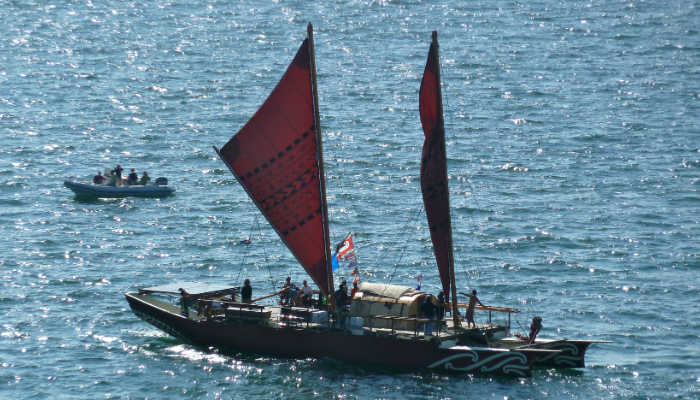
Pacific navigation
Where can I find information about Pacific navigation?
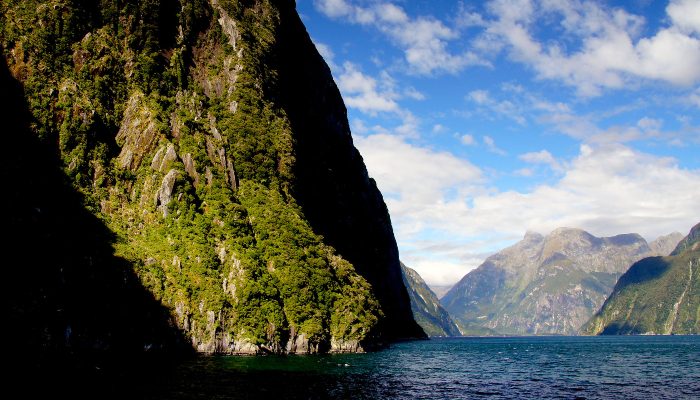
Conservation (NZ)
Where can I find information about conserving the natural environment in New Zealand?

Oil and gas (fossil fuels)
Where can I find information about oil and gas (fossil fuels)?
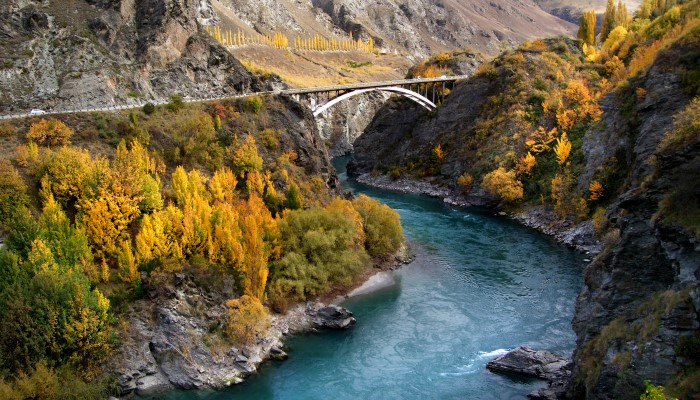
Rivers (New Zealand)
Where can I find information about rivers in New Zealand?

Sailing
Where can I find information about sailing?
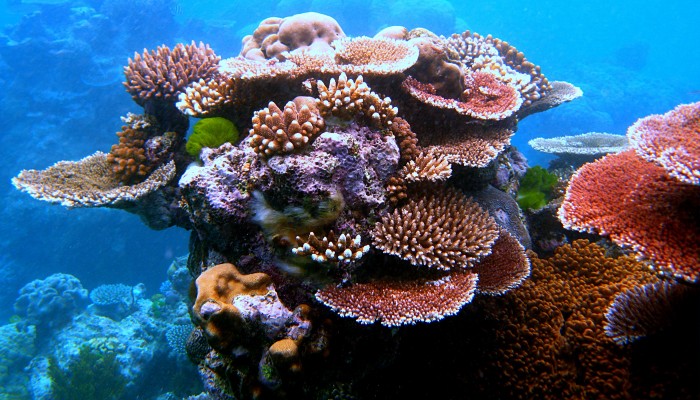
Great Barrier Reef
Where can I find information about the Great Barrier Reef?
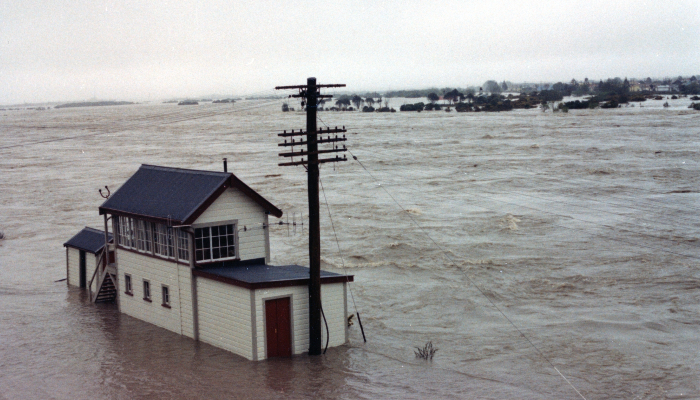
Floods
Where can I find information about floods?
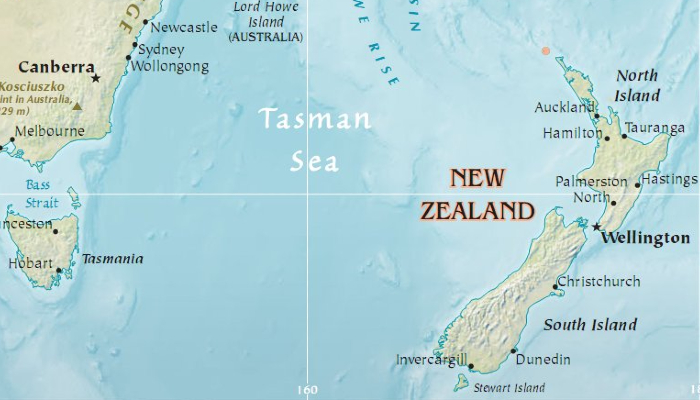
Seas
Where can I find information about seas around the world?
